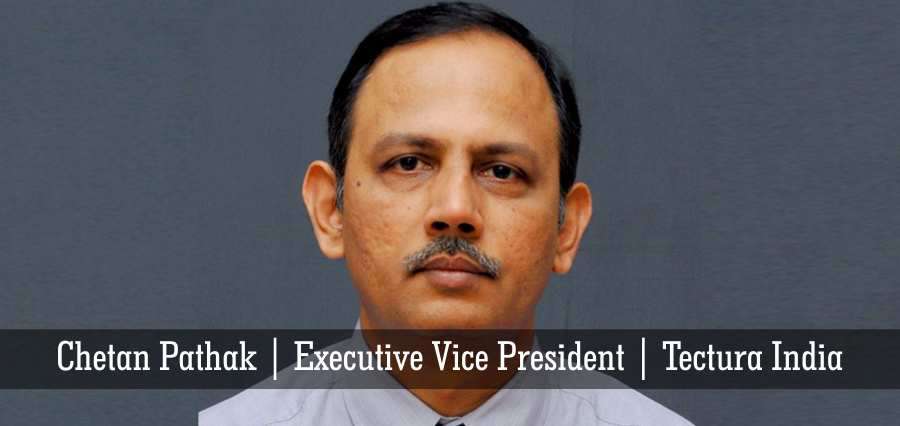With 2.3 Billion active social media users across the globe – according to 2016 social network usage report by Global Web Index – it is no surprise that social media marketing strategy has become an integral part of every organization’s marketing plan. Facebook, Twitter, YouTube, LinkedIn, Pinterest, Instagram, Tumblr, Myspace, Blogs… you name any social media channel and you will find organizations trying hard to engage with their target audience to promote their brands. Almost every day, we witness organizations’ coming up with innovative marketing campaigns to engage with their target audience in order to build a strong brand presence and drive higher sales.
In this age of digital connectivity, customers welcome these engagements with open arms and to some extent even with open pockets to interact with brands and drive higher sales. Hence, organizations are witnessing fair amount of success from these campaigns. However, customers’ expectations from these social media interactions are not just limited to purchase transactions. They turn to social media channels as a means for instant resolution for the product or service problems they are facing. Customers view these social media channels in a far greater role of an instant and transparent customer service desk.
Today’s generation believes in instant gratification and they expect resolution to their product/service related issues immediately. No longer are they content with the traditional channels of resolution like helplines, FAQs, or support emails. They are not ready to put up with automated and delayed responses. Consumers are looking for immediate connect with their product/service providers and expect a more personalised resolution of their issues. Failure to respond to the customer in a TIMELY and PERSONILISED manner can be devastating for your brand and can lead to huge customer drop off.
It is one thing to use social media for creating brand presence but it is altogether a different thing to use social media for customer care. Achieving this balance between Social Media Brand Awareness Engagements and Social Media Customer Care Engagements is no easy task. It requires a sound IT infrastructure in place that can share information in real-time across business units and various hierarchies in order to make quick customer facing decisions. It is this need that has led to the advent of SOCIAL ENGAGEMENT CRM.
Social Engagement CRM is a powerful CRM technology that equips sales, marketing and services teams of organizations with cutting edge social tools to connect with customers as well as critics and gain insight how they really feel about your product and services. The popular tools covered within Social Engagement CRM are:
- Social Listening: Social Engagement CRM allows you to harness the power of social media to identify and assess what is being said about your brand, product and/or services on the social media channels. Social Listening will enable you to spot trends, identify key influencers and receive alerts on how people feel about your business. Accordingly, one can make informed decisions and drive sales and service conversations more effectively.
- Social Analytics: With Social Engagement CRM, you can gain valuable insights about your customers and target audience previously not available. Traditionally organizations were only able to get demographic insights about their customers like age, gender, geography, marital status etc. but with social analytics tool, you are exposed to a plethora of personal insights on social media. You can now get to know about your customers likes, dislikes, sentiments towards your brand. Using this information you can now customize your products and offerings as per customers’ expectations and further do a personalized service delivery to convert negative sentiment to a positive one.
- Social Engagement: With social engagement tools, engage and interact with your customers, brand advocates and brand detractors on social media. Improve your social media presence by engaging with social communities with rich multimedia and drive end-to-end customer experience by creating CRM actions from social posts. Build deeper relationships with customers by engaging with social communities on Twitter or Facebook and other popular social media channels using your corporate or personal profiles.
Key Takeaway – Make sure to create the right balance between your Social Media Brand Awareness Engagements and Social Media Customer Care Engagements. This is no easy task and do not think twice before seeking external professional help to achieve this balance. At Tectura, we help organizations to build a strong Social Engagement IT infrastructure, powered by Microsoft Dynamics CRM, to create the perfect balance but at the end of the day it’s the culture within an organization which maintains this balance for the years to come.
About Chetan Pathak
Executive Vice President, Tectura India
Chetan is committed to Tectura’s drive to deliver exceptional and sustained value to the clients. Chetan joined Tectura India as Corporate Operations Director in April 2009. With an extensive and diverse experience of over 26 years in the areas of technology and consulting business, Chetan crafts Tectura’s strategy for business in India, and is the primary decision and policy-maker, setting the tone for company’s values, ethics, and culture.
In this capacity, Chetan provides complete leadership on strategic and operational issues. A proven leader with deep expertise in executing on strategic global, regional, and local initiatives and goals, Chetan manages the growth of Tectura India’s business, profitability, and customer satisfaction. With a passion for mentoring and coaching, Chetan builds up the path for the enterprise leadership team. Chetan leads relationship management with Microsoft and various channel partners. His focus for business excellence has helped Tectura India achieve many awards from Microsoft locally and globally.
Chetan holds a BE degree in Mechanical Engineering and MBA in Marketing Management from Gujrat University.


